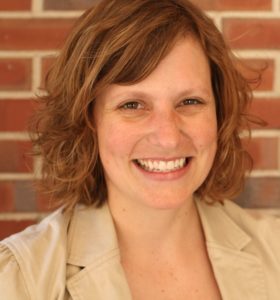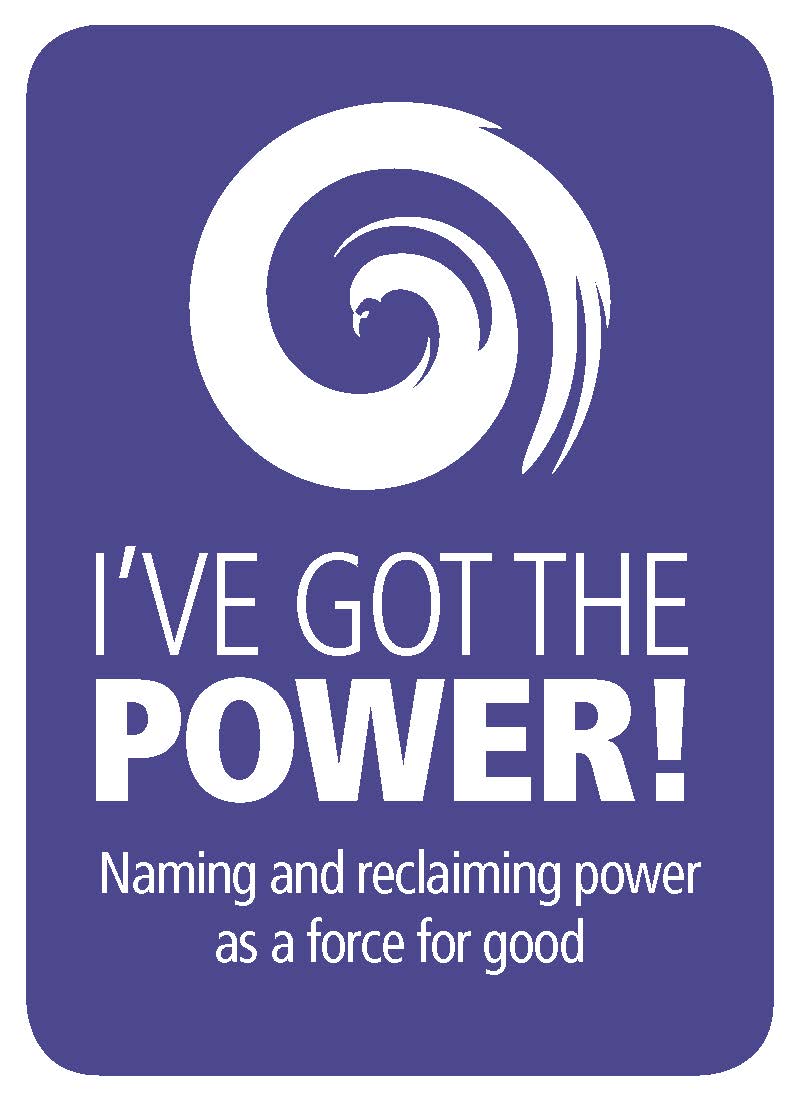
Hannah Heinzkehr is the Executive Director for The Mennonite, Inc. She lives in Goshen, Indiana, with her husband, Justin, and two kids.
In 2014, Gordon Houser, the editor of The Mennonite magazine (full disclosure: the publication I now work for), issued an invitation. In an editorial, he called for Mennonites to submit people’s names to nominate them as an “influential Mennonite.” And very quickly, debate erupted. People started decrying the whole exercise, calling it un-Anabaptist, “hero worship,” and saying that lists are, by their very nature, exclusive.
And truthfully, some of these critiques have merit, but they also missed part of the point of the exercise. Houser wrote, “I already hear the objections. In our bones, we resist focusing on individuals or lifting some up as more important than others. But we’re discussing influence. Do we deny that some people in our midst have influence? What might we learn by naming them or at least debating who they might be? Is there some value to talking about influence?”
Although Houser was careful not to equate influence with power, there are noticeable parallels. Both power and influence mean that people have the ability to impact decisions that get made, to move the public and to get things done.
I think that Mennonites — especially Mennonites of European descent — have a deep-rooted aversion to talking  about power.
about power.
We are part of a movement that was anti-institutional from its beginnings and that always emphasized the priesthood of all believers and the leadership potential of all members of a community, and not just a select few leaders. Power and decision-making was something that was shared amongst members of the community. The shadow side of this egalitarian vision is that our communities have often failed to talk about the very real, yet informal ways in which power still operates in our midst.
It would be naïve to assume that our denominational structures and congregations are free from power dynamics. First of all, like it or not, Mennonite Church USA is situated in a cultural milieu that systemically privileges and empowers some individuals and voices above others based on criteria including race, gender, class, ability, age and more.
Beyond this, we have also have built denominational structures that are hierarchical: We have directors, leaders, pay scales and other structures that institutionalize power differentials. We’ve also tried to include structures within our systems that allow “the many” to speak into our decision-making processes.
These things aren’t inherently bad. Power is not inherently bad. At its best, we could see Mennonite structures as an effort to avoid unilateral processes (I think about consensus decision-making models, communal interpretation of Scripture, and a focus on member participation in the life of the church, including serving communion and preaching); at its worst, this means that we have unintelligible decision-making processes that actually obscure what’s going on and make it impossible for people who aren’t “insiders” to navigate our systems (I think about our propensity to create committees upon committees upon committees, decision-making processes based on relationship, the “right” last names and networking, and long denominational documents full of acronyms that may be unintelligible without prior knowledge).
In general, we prefer not to talk about power. Truthfully, it’s easier for me to think about myself as powerless to effect change. In some ways, it lets me off the hook. I can offer a critique or express my disappointment with a situation or institution without having to unpack the ways that I might have been complicit or the ways that I could work to change a system. It can be hard to admit that maybe I haven’t just earned the roles that I’ve taken on because of my own merit, but that I have benefited from privilege that has given me an upper hand. It can be tempting for me to dwell in those spaces where I’m disenfranchised (I’m so young, I’m female), rather than to also wrestle with my own systemic power (my whiteness, my status as a married mother of two, my current title as an Executive Director).
Given all this, it is so encouraging to see the theme for the upcoming Women Doing Theology (WDT) conference, which names power as something that must be named, claimed and talked about. At the last WDT conference, in 2014, women from across the country came together to wrestle with what it meant to love each other across differences, and, in the end, concluded that love is not enough on its own, justice must be present as well.
And understanding, naming and claiming our own power and how we can use it is one critical step on the road towards justice.
One of the pieces that I found so meaningful about that gathering was that it was a setting where women came together to really take stock of some of the big questions and conversations our denomination is facing, rather than simply letting those questions and tensions hover at the edges of the event like they so often do. It was one of the only Mennonite conferences I have attended where a focus on the ways that different forms of oppression intersect was named and acknowledged. And we did this through listening to each other’s stories, through worship, through spoken word, through poetry, through dance and other embodied ways of knowing and being together.
Was that gathering perfect? Absolutely not. But I still found it to be an incredibly meaningful celebration of the power that women carry within us to help each other heal and to become agents of healing for the entire church.
I’m looking forward to continuing the conversation this November. I’m looking forward to being inspired, challenged, encouraged and having the chance to continue co-creating a better church for us all.
__________________
Registration is now open!
For more information about the conference, contact Jenny Castro or visit the conference webpage:
www.MennoniteUSA.org/wlp-conference
Scholarships available:
Representing the diversity of voices and perspectives that exist across the church is a priority for the WLP. Our collective experience is enriched when we are intentional about engaging those with differing theological and life experiences. With that in mind, the WLP is offering partial scholarships for women of color across Mennonite Church USA. Scholarships will not include travel expenses.


